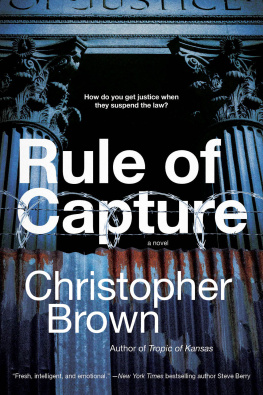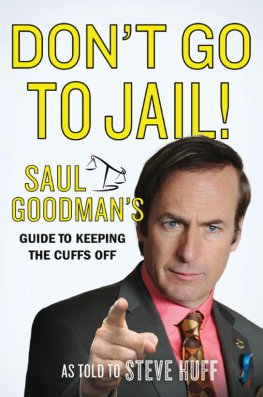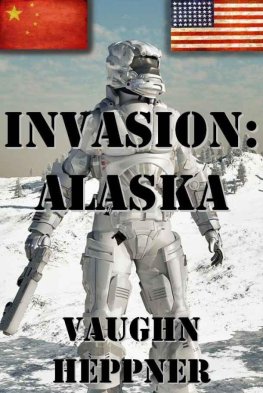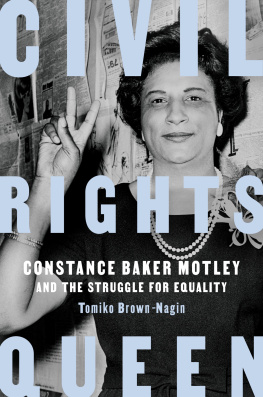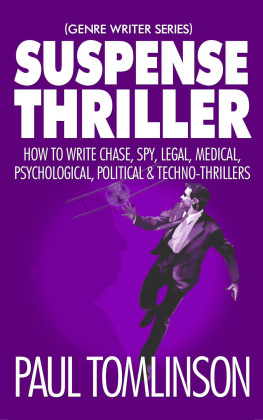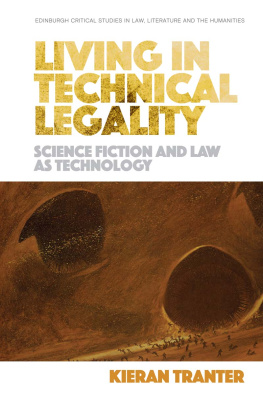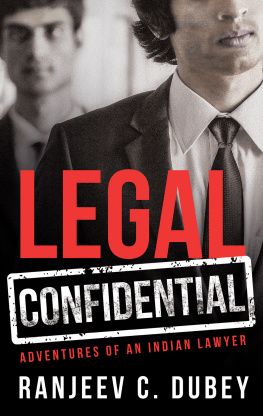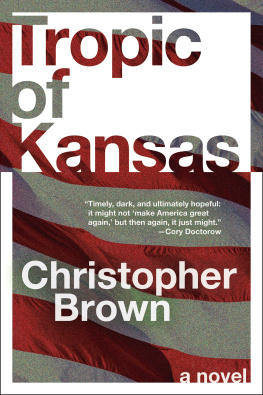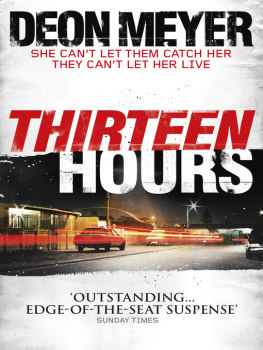Contents
For my brother Alex Brown (19662019)
PART ONE
NON-COMPLIANCE
In the year of the coup, Donny Kimoe spent Monday mornings at the federal courthouse trying to help torture victims remember what happened to them in lockup over the weekend. Judge Broyles liked having Donny in his courtroom to take on-the-spot appointments. They had worked together in the U.S. Attorneys office back in the day, before the country went crazy, and relationships like that had legs. Even when you ended up on different sides of what was starting to feel like the beginning of a civil war.
More importantly, Donny had the security clearance you needed to be able to appear in that courta hard thing to come by without having worked for the machine, and a harder thing to maintain when you switched sides to work for the defense. Not that having the clearance meant the prosecution would share much of what they had compiled in their classified files on your clients.
Getting justice at secret trials for people the government wanted to disappear was not easy.
Especially when you had to show up on time.
Late again, said Turner, laughing at Donny as he buzzed open the bombproof main door. Turner was one of the four beefy old marshals they had manning the security checkpoint: one on this side of the machines, one viewing the screens, and two on the other side waiting for their opportunity to shoot someone. They looked like a gang of Shriners gone wrong.
Donny likes to party, said the guy manning the machine, the one with the drone pilot eyes.
Have you guys been watching my surveillance feed again? said Donny. Guess they cut off the cable at the home for old fascists.
All four of them laughed at that, a heartier and creepier laugh than you would have expected.
Then Turner took Donnys phone and his ID and put them in the lockbox. Somehow that was the most invasive part of the protocol, even more than the man-hands all over your body. It made you wonder if this was the day you would exit through the same door as the prisoners.
As Donny emptied the rest of his pockets into the plastic bin, he looked back through the window at the mothers of Houston crowded behind the barricade, holding up pictures and names of their missing kids as if it would help. You couldnt hear their chants through the soundproofing, but they still echoed in Donnys ears from his walk up to the building. One of them had called Donny by name as he squeezed through, but he pretended he didnt hear them. The tears of anguished parents couldnt improve the odds on those cases, or pay the fees for trying, and Donny already had his hands full that morning with deadlines past due.
Come on, said Turner, brandishing his big electric wand. When it passed over the contours of Donnys tired body, it sounded like an old radio tuning in whalesong.
You play me like a theremin, said Donny, as if being a wise-ass would keep the horror at bay. But Turner didnt laugh. He just shoved him into the body scanner.
A German shepherd stared at Donny from the other side, on alert. The kind of dog that wears a uniform.
Donny stood for the scan, looked back at his spectral avatar, endured the fat white hands groping his sweaty spots, and collected his stuff. Thats when he noticed the little tin of breath mints he had left in his jacket pocket, the one that had something other than mints in it.
He looked at the dog, and was glad to confirm it only seemed to care about the kind of homebrew that could explode.
See you on the other side, fellas, he said, grabbing his briefcase and hurriedly collecting his stuff. As he stepped toward the elevator, he noticed what it said on the dogs police vest.
DO NOT PET.
The Vice President John Tower United States Courthouse for the Southern District of Texas, Houston Division, had been built by the prior administration, which broke the budget on public projects to keep people working after the war. They also had the idea that justice should look nice, at least on the outside. The main corridor riffed some cross between a Greek temple and a museum of modern art, the way it opened up into these vaulting spaces of concrete and wood filled with light from unseen sources that highlighted the absence of people. Theyd warmed it up a little with some timbers harvested from the building that came before, but when you knew that wood was from now-extinct forests, it kind of killed the feeling. And then you noticed the little domes of black glass in the ceiling and walls, and remembered this was a courthouse where justice was not blind, but all-seeing. There were cameras everywhere, except where they could do some goodin the courtrooms.
Especially the one Donny was going to.
Courtroom Five
SEALED PROCEEDINGS
Hon. Harold W. Broyles
Special Emergency Tribunal
Gulf Region
Donny collected himself at the big wooden door, trying to summon a confident composure as he cued up excuses from his compilation of sins committed and lies told, the way a kid prepares to face an angry father. The only thing you could be sure of before you went in there was that the clients they assigned you to represent were probably guilty. It was the laws they had violated that were unjustlaws a government at war with its own people invents to make sure it wins. And to make doubly sure, they did everything they could to keep you from knowing what they knew about your case, often things even the clients did not know, things that only the electronic brains plugged into the eyes of the state could know.
As he reached for the door handle, the jitter in his hand reminded Donny he was guilty, too. He looked up at the government seal laser-cut into the door, an abstracted image of the eagle squeezing the snake, and remembered which one he was. And then he pulled the door open, assuring his slithering avatar the story wasnt over yet.
When he stepped through, he found the crowd. They were watching the prosecutor, Assistant U.S. Attorney Bridget Kelly, recite the states coded reasons why the boy in the dock, some scrawny white kid with the hand-me-down clothes and homemade tattoos of one of the resettlement camps, should be detained on suspicion of membership in a rebel gang that had vandalized a FEMA command center.
Donny couldnt see the kids face, but as he listened to Bridget, he got the sinking feeling this was the case he was assigned to handle, and hed missed it.
Fortunately, when he looked to the defense table, it wasnt empty. Loni Sandler was there, a veteran public defender whom Donny admired even though he could always tell the feeling was not mutual.
The gallery behind the bar was packed with feds waiting for their cases to be called. Government suits lined up like buzz-cut funeral directors, Coast Guard special operators in their blue-and-orange camo, Texas Rangers in their government-issue Stetsons, a pair of game wardens outfitted for hunting humans, and one Border Patrol agent in her dirt brown DMZ dungarees, no doubt preparing to testify about some dissident she had nabbed trying to escape the country and sneak into Mexico. Most were members of Counterinsurgency Task Force Foxtrap, though Donny knew some of the suits were also there to make sure the court did its job, ready to report back to Washington or Austin as needed. A few of them turned their heads and looked back at him as he entered their domain, with a judgmental group gaze designed to remind him he was on the wrong side. There was one friendly face, but even that one looked worried. Donny joined him in the front row, on the defense side of the aisle.
Good morning, Miles, whispered Donny. I thought you were supposed to be in Austin today with Mayor Chung.
Miles Powell was the smartest lawyer Donny knew, the most ethical, and the best dressed. All class, no flash, a black man in grey flannel. Where Donny got access to the secret court from having worked for the government, Miles got his from a career fighting it. That Miles somehow prospered in the process only heightened Donnys sense of moral inferiority.

